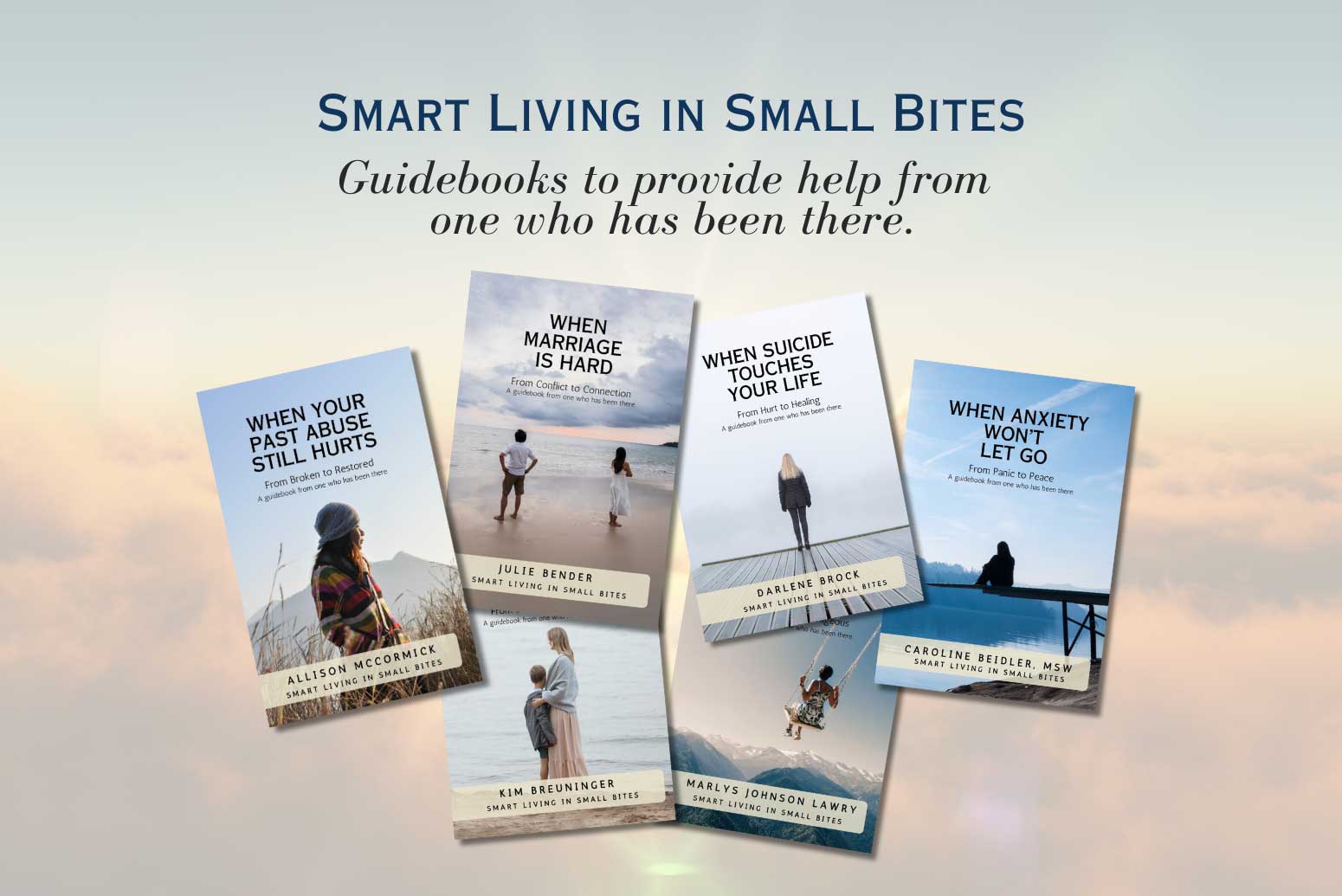Twenty-four hours after my husband brought me coffee in bed, slipped on his apron, and helped our young daughters execute the world’s best Mother’s Day omelet, he locked eyes with the woman who would become his affair partner.
It was a regular Monday morning, and his steps were like clockwork. He’d leave home by 5:30 a.m. to drive into the city, park his truck, breeze through TSA, and enjoy coffee and a pastry in the lounge before walking toward his gate.
His professional success had elevated his status to the highest tier on the airline, granting him automatic upgrades to business class, lie-down seats on his overseas flights, access to flagship lounges, and personal calls from airline personnel to let him know his plane had arrived. It all felt like royal treatment to the man who grew up on food stamps.
So when he was seated next to an attractive woman that Monday who was dressed sharply and looked to be a few years younger, he was pleasantly surprised. They exchanged hellos and began to talk. Their conversation led to phone numbers being exchanged, secret meetups, kisses, and more.
Relatively speaking, the affair lasted a short amount of time. I know some women whose partners were unfaithful for years—even decades—before they discovered the truth. But all affairs, no matter their length, do damage, and this one was no different.
A Fragmented Marriage
In retrospect, I knew we were cracking before the rupture tore us wide open. Our connection was fragmenting, like the cracks of my kitchen plates that grew deeper, more pronounced, with each soapy hand that mishandled them.
The fragmentation became more evident in our arguments. They etched wider in the passing comments about my physical appearance. They were in the forced smiles when we were around friends and in our lack of contact or intimacy.
I was having dreams, too, which I now believe was one way God prepared me for the fracture soon to come. There was one dream, still stuck in the crevices of my memories, in which my husband had fallen for another woman and left. I woke up the following morning with a foreboding sense that my dream held threads of truth.
A few weeks later, while on a work trip to Cabo, he called me drunk one night and told me he didn’t want to be married to me anymore. The next day, he called again and apologized, but his voice lacked sincerity.
A friend and I walked on adjacent treadmills later that morning as I told her about the episode. I knew he was drinking more, and I was concerned. “What if he’s doing more than just that?” my friend asked.
No, he couldn’t be, I thought.
He’s just tired.
He’s stressed.
He’s got a lot on his plate.
I’d minimize and make excuses. But then, I started asking more questions and taking an objective look at what was happening in my marriage until the truth slowly began to trickle out.
It’s been four years since I sat on the sofa next to my husband that sticky summer evening and felt the wetness under my armpits and my body clench as he whispered, “I slept with her.”
Navigating Grief After the Affair
Betrayal isn’t like other forms of grief.
I’ve learned since then that no healing journey looks the same. Circumstances vary. One partner may want to save the marriage, and the other wants out. Or both want to end it, or both want to stay. Many factors—such as each person’s trauma history, religious beliefs, value systems, and what the betrayal entailed—all influence one’s healing journey.
I’ve also learned that navigating through infidelity differs from other forms of grief. For instance, when we experience the loss of a loved one, we often have supportive allies who rush to our corners. They drop off frozen dinners or casseroles that can quickly warm in the oven and sit with us in our despair. Our online friends send condolences in response to our pictures of deceased family members. These outward displays of love and comfort can soften the blow of grieving our loss.
But betrayal can cause us to feel alone or isolated in our grief. We may be facing judgment from others who believe divorce is the only option (and call us nuts if we don’t go that route) or from others who tell us we need to “forgive and forget” (and it’s “unChristian” to do otherwise). We could even be stigmatized by others who think we didn’t give our spouse enough sexual attention or satisfaction. I know of several women who encountered all of this, myself included.

Trust has been shattered. Vows broken. Promises obsolete.
Lately, I’ve thought a lot about those early stages, where the acute pain and uncertainties loomed, and have felt the urge to walk alongside other women navigating a similar terrain. Not in a therapeutic sense, but more so as a traveling companion. I want to be someone who can identify with her pain points and encourage her to take good care of herself along the way.
6 Essential Acts of Self-Care When You’ve Been Cheated On
Here are essential acts of self-care that made a difference for me, and I hope do the same for you, too:
Say “yes” to your recovery
It can be tempting to bury pain under relentless busyness and activity. But infidelity can’t be rationalized, ignored, or minimized. Even if you and your partner aren’t on a path toward reconciliation, you still need your recovery regardless of what he chooses. Unfortunately, recovering from betrayal can feel like a full-time job you didn’t sign up for (or get paid to do). To say “yes” requires intentional use of your time, devoted space to process, and outside support. Please choose yourself and your recovery.
Find a supportive tribe you trust
At first, the thought of expending effort to try and find an outside group prevented me from seeking connections. But I can tell you from firsthand experience that having a group of like-minded women who weren’t strangers to the pain of infidelity made my recovery more bearable. A “tribe of support” can include therapists or counselors, online or in-person groups, and nonjudgmental friends and family. I’ve included links to several groups specific for betrayed individuals below.
Visit your doctor
I’m not going to lie, visiting my doctor so I could be swabbed and poked to check for STDs was a significant low point during my recovery. At the urging of my therapist, I also went to see a psychiatrist who prescribed anti-depressants to ease some of the trauma responses my body was undergoing. Though both were difficult for me then, these were essential steps because I knew I had to care for my body and mind. Even though it may be the last thing you want to do, please prioritize your health and well-being. Your future self will thank you.
Solicit help and outsource what you can
I recognize that resources and financial obligations may not allow the luxury of outsourcing help to outside individuals. But if you can swing it, do it. Call someone in to clean your house or babysit. Have meals and groceries delivered. Take friends up on their offers to help out with the kids. Now is not the time to take on extra responsibilities or commitments that might weigh you down. It’s a time of lightening your load and soliciting help from others.
Focus on your basic needs
There may be much out of your control right now, so focus on what is in your control—like ensuring you’re taking care of your basic needs. Needs such as adequate hydration. Stepping outside and being in nature. Going on a walk around your neighborhood. Eating at least some nutrient-dense foods. Pouring out your thoughts in your journal. Lots of prayer. Connecting with God, yourself, and others in whatever way fills you up. And if any of it feels too heavy, outsource what you can!
Speak life over yourself
One of the most detrimental ways my husband’s affair hit me was inward—at my core—and any insecurities I had about myself seemed to soar to new heights. I had to intentionally work on speaking life words to myself to combat all the negative junk that swirled around my head.
My advice is to bathe yourself in self-compassion. Write truths about yourself, your worth, and your value, and keep them before you. Record yourself speaking kind words to yourself, even if it doesn’t feel authentic. These written and spoken words reflect your belovedness as a unique masterpiece designed by your Creator.
It’s been four years since the marriage I once had ruptured into tiny shreds of dissonance. Four years of recovering and rebuilding a foundation with a new set of four walls. Four years of redefining and reassessing my life and marriage led me to where I stand today: a grateful work in progress.
It’s all messy, beautiful, and courageous work, and it’s work that you may be asked to step into if you are currently in this position, may be in the future, or know someone else here. But just know you have a friend in your corner who’s traveling with you.
RESOURCES
Harboring Hope (online course for hurt partners)
S-Anon (12-Step Program for family & friends of sex addicts)














